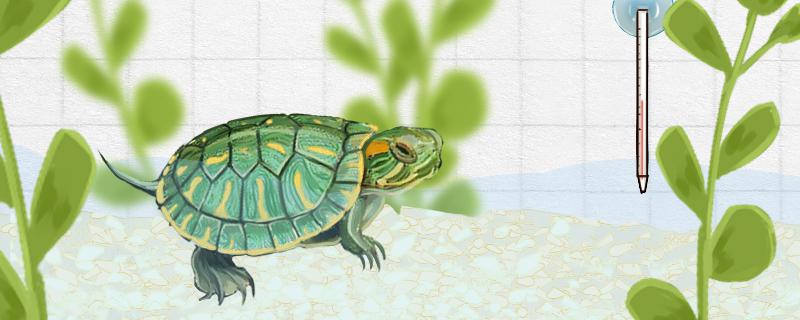
the Brazilian tortoise look like? The Brazilian tortoise has a variety of colors, and the whole body has a variety of colors. It is a very ornamental tortoise. The carapace of the Brazilian tortoise is emerald green, and each scutellum on the carapace has yellow-green circular lines. The abdomen is relatively flat, mostly yellowish, and regularly arranged with black circular lines like copper coins. The limbs of the Brazilian tortoise are relatively short and thick. Generally, the forelimbs are five claws and the hind limbs are four claws. There are very developed webbing between the toes of each claw. The head of the
Brazilian tortoise is slightly larger, the surface is relatively smooth, the color is dark green, there are yellow longitudinal stripes, and there are two thick red stripes on the back of the top of the head, which look like ears. The color of the Brazilian tortoise is bright when it is young, and it will gradually become lighter in color and pattern as its size increases.
Brazilian tortoises 1. Space: Brazilian tortoises need enough space, so raising Brazilian tortoises requires a container 4-5 times larger than Brazilian tortoises, and sterilization and disinfection before use. Although the Brazilian tortoise is a terrapin, it can not stay in the water for a long time, so it is necessary to put stones or boards in the container so that the Brazilian tortoise can lie on it and rest.
2. Water temperature: Brazilian tortoises like higher water temperature, so it is better to keep the water temperature at 22-26 ℃ in the process of feeding, and change the water regularly to ensure clean water quality.
3. Food: Brazilian tortoises need rich nutrition when they grow and develop, so feeding Brazilian tortoises needs to ensure the diversity of food. Breeders can choose turtle food to feed with small fish, shrimp, lean meat, vegetables and so on, and try to avoid feeding the same kind of food for a long time.